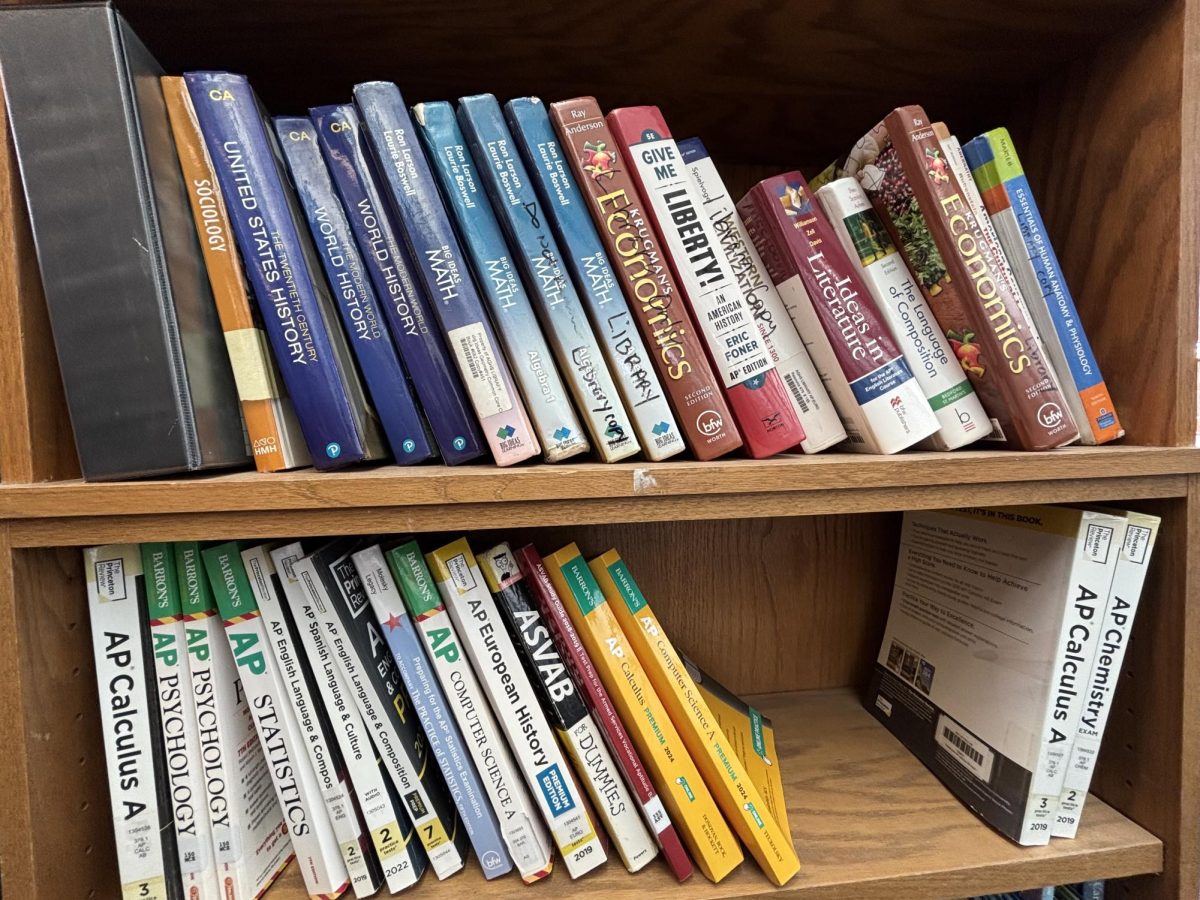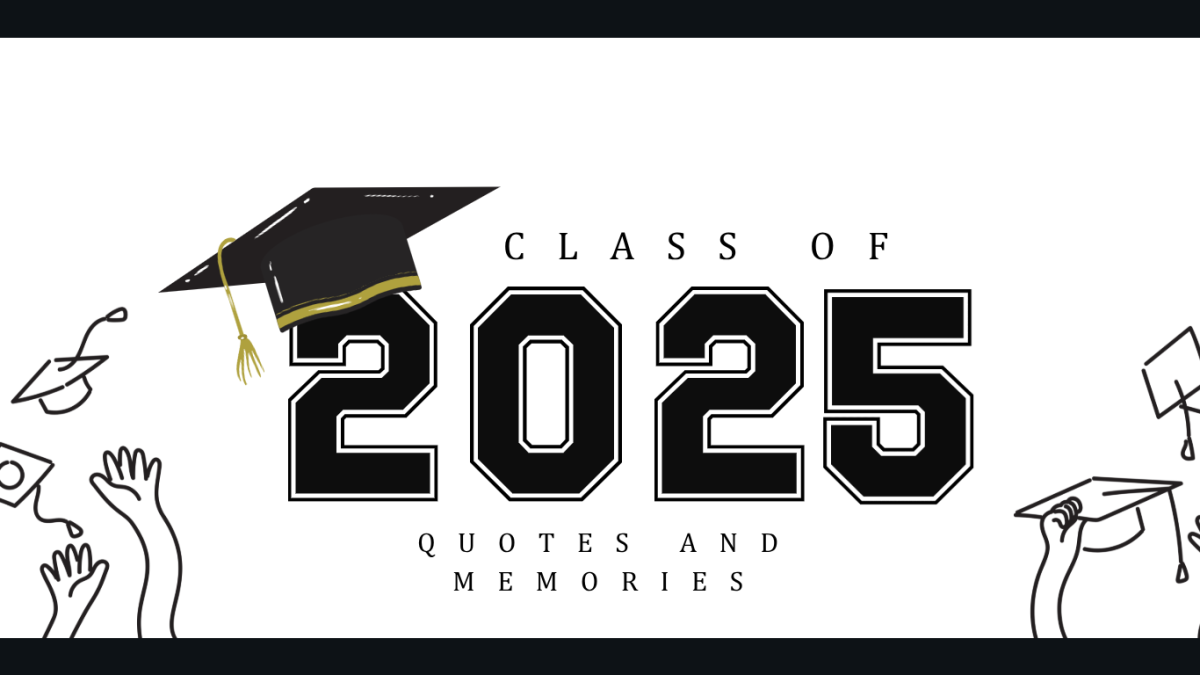Finding the right way to study is crucial to the success of quizzes, tests, midterms, or final exams. Students’ finding their optimal studying habits takes time, and is dependent upon the student and the type of study materials provided.
Utilizing a planner to find free time and time for studying provides structure and lessens stress about when its study time and when its time to relax and unwind from the stressors of everyday life and school.
“[When I was in school, we] barely had the internet, so I would talk to a friend or something, and then I would continue [studying],” AP English Language teacher Amber Derbidge said. “Cramming all night definitely wasn’t something that I typically did. [But,] I’m sure I did it on occasion.”
Studying as a last-minute resort often does not lead to desired results. Utilizing any open time to study before an exam can be efficient for one’s success. Studying tools and resources differs between students depending on how students absorb information and understand what they are learning.
“I first start by going back and looking at all my notes, and I’ll test myself,” Mark Andrawes (‘26) said. “And then the [topics] that I forgot to talk about or didn’t know [in] as much detail, I’ll go back and reread my notes again and again and again.”
After comparing different websites that give advice on studying for final exams, most suggest to not procrastinate, prioritize, use different study materials, find a productive study space, and study with a group.
Studying can be used as a marker for one to see exactly what they know and don’t know, and students can expand on studying a certain topic or unit and better understand the bigger picture as a whole.
“Going to a coffee shop or a library or some other space where you can detach yourself from those other associations is a helpful tool,” AP Science teacher Katie Boos, said. “And, I can’t emphasize enough how helpful it is to meet and talk to your teacher on that topic before an exam.”
Paying attention to due dates and completing the tasks at hand to review content or complete homework also helps to eliminate the need for cramming and allow for smaller chunks of time required to complete and understand the material.
“I think that trying to learn [the material], like trying to understand it as early as possible and then going back to it is definitely better than trying to simply like all right, the test is next Friday, let’s cram for it,” math teacher Joseph Warrick said.
Cramming the day before a quiz can be useful for some, however, when it comes to the midterm or final exam, one might not have memorized and understood the material enough to be successful via cramming.
Learning the material with enough time before the exam can allow one to ask for help or have more time to review, and not cram in learning multiple sections or topics at once.








